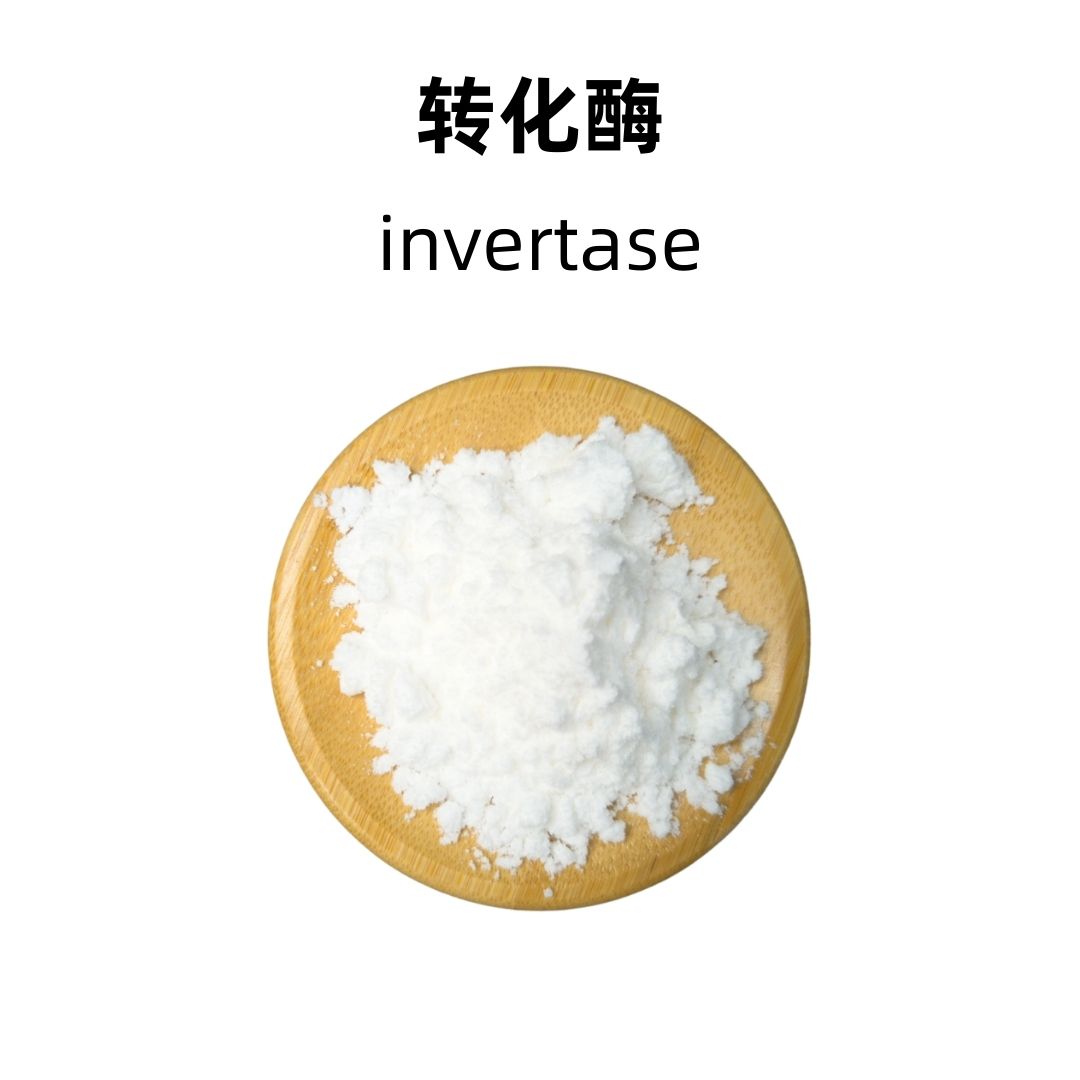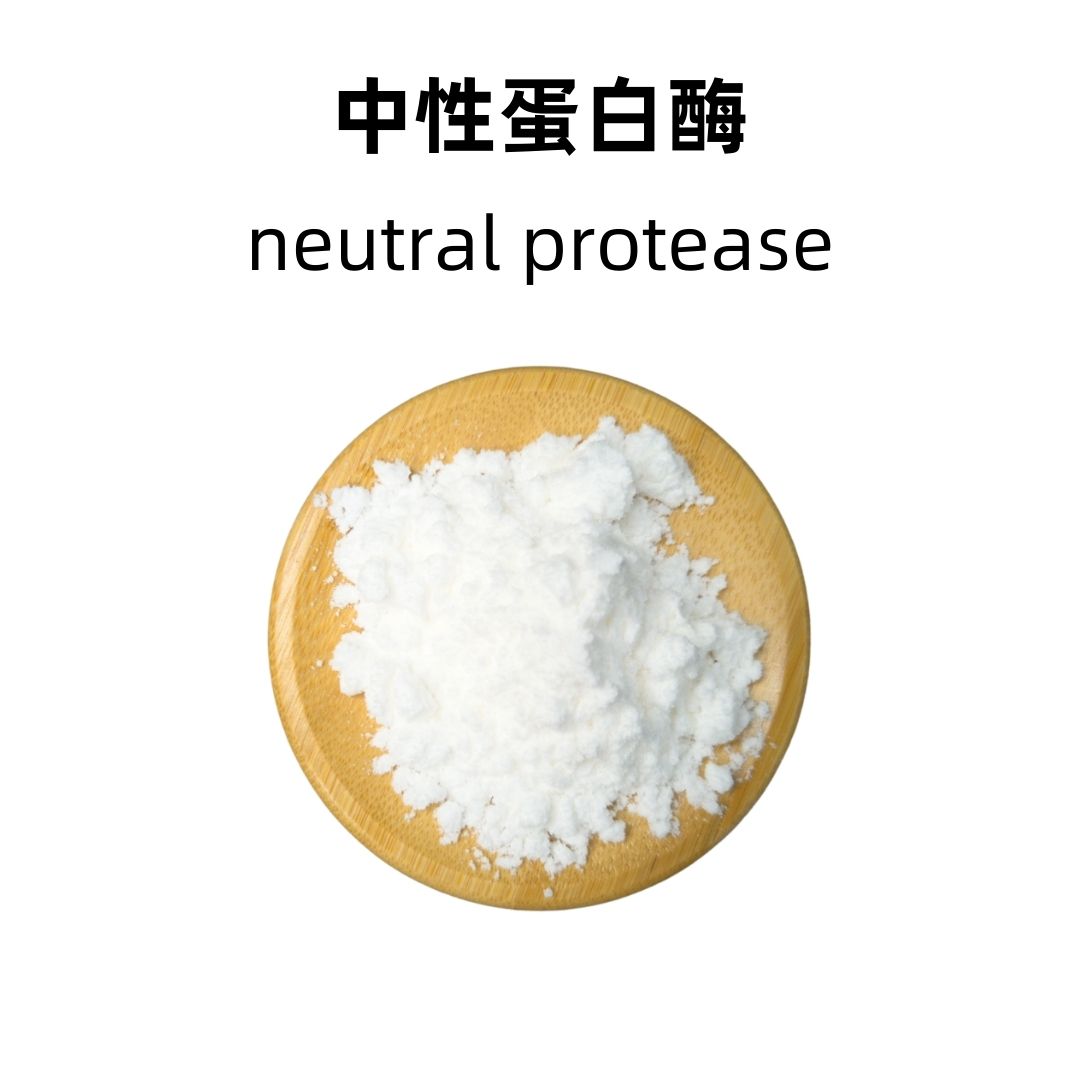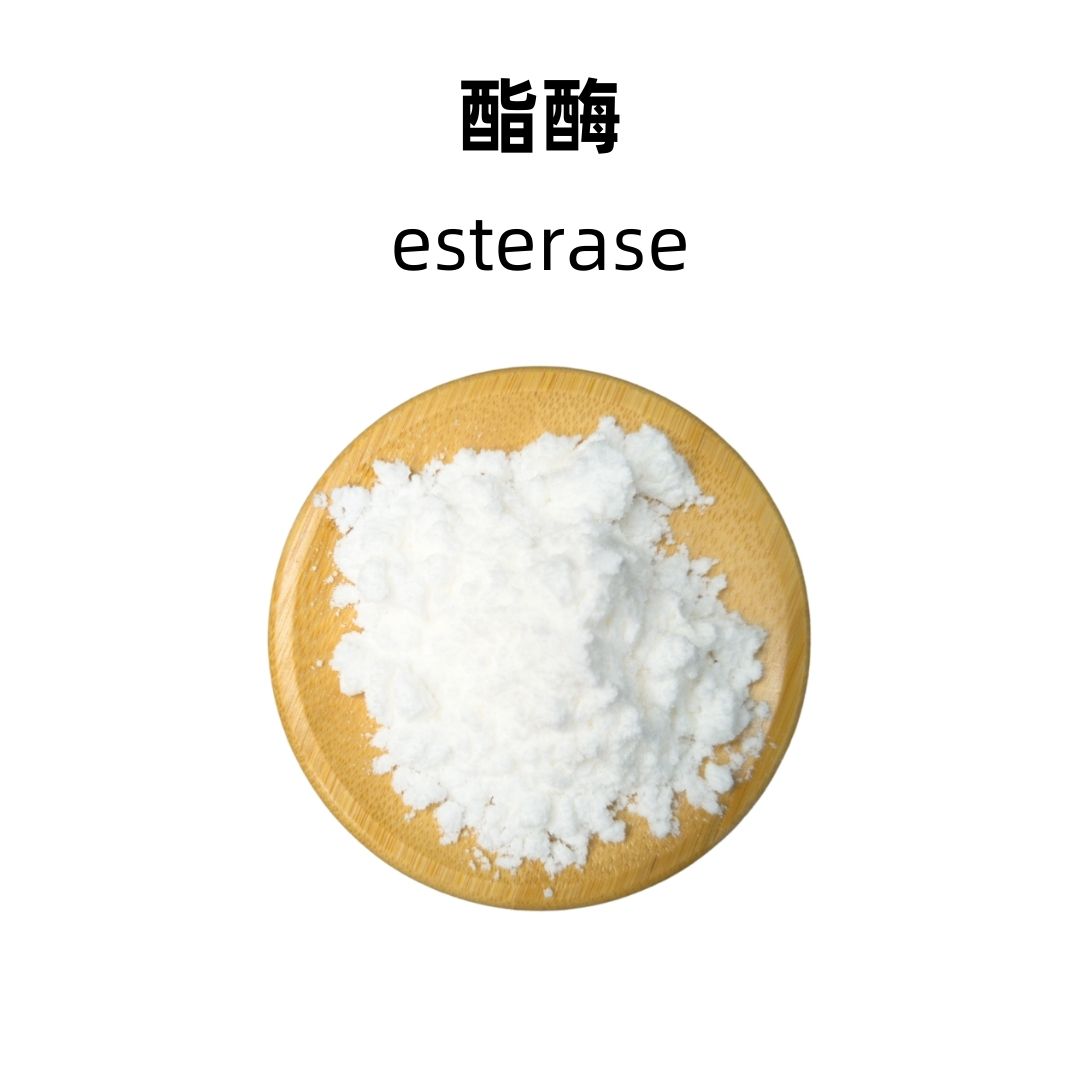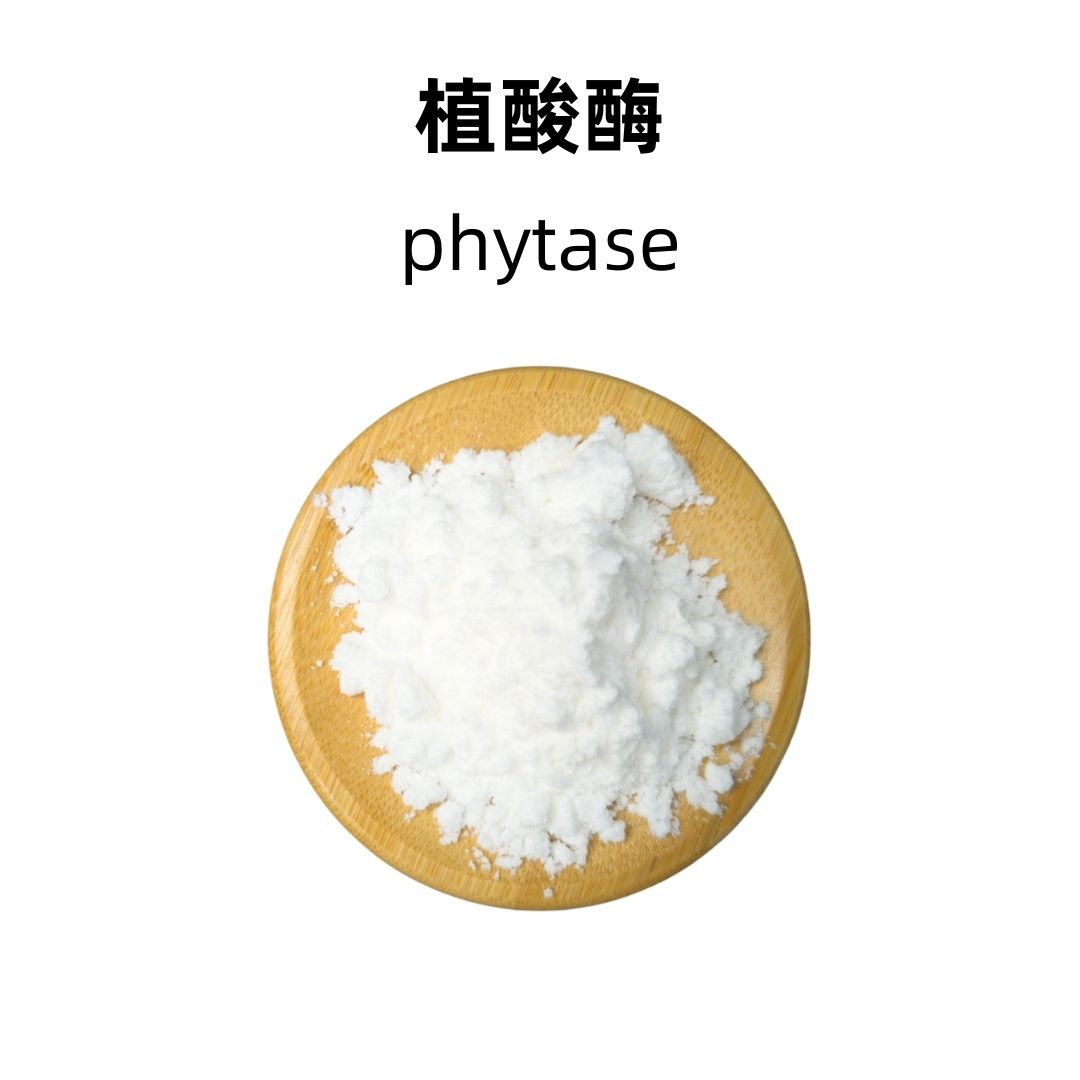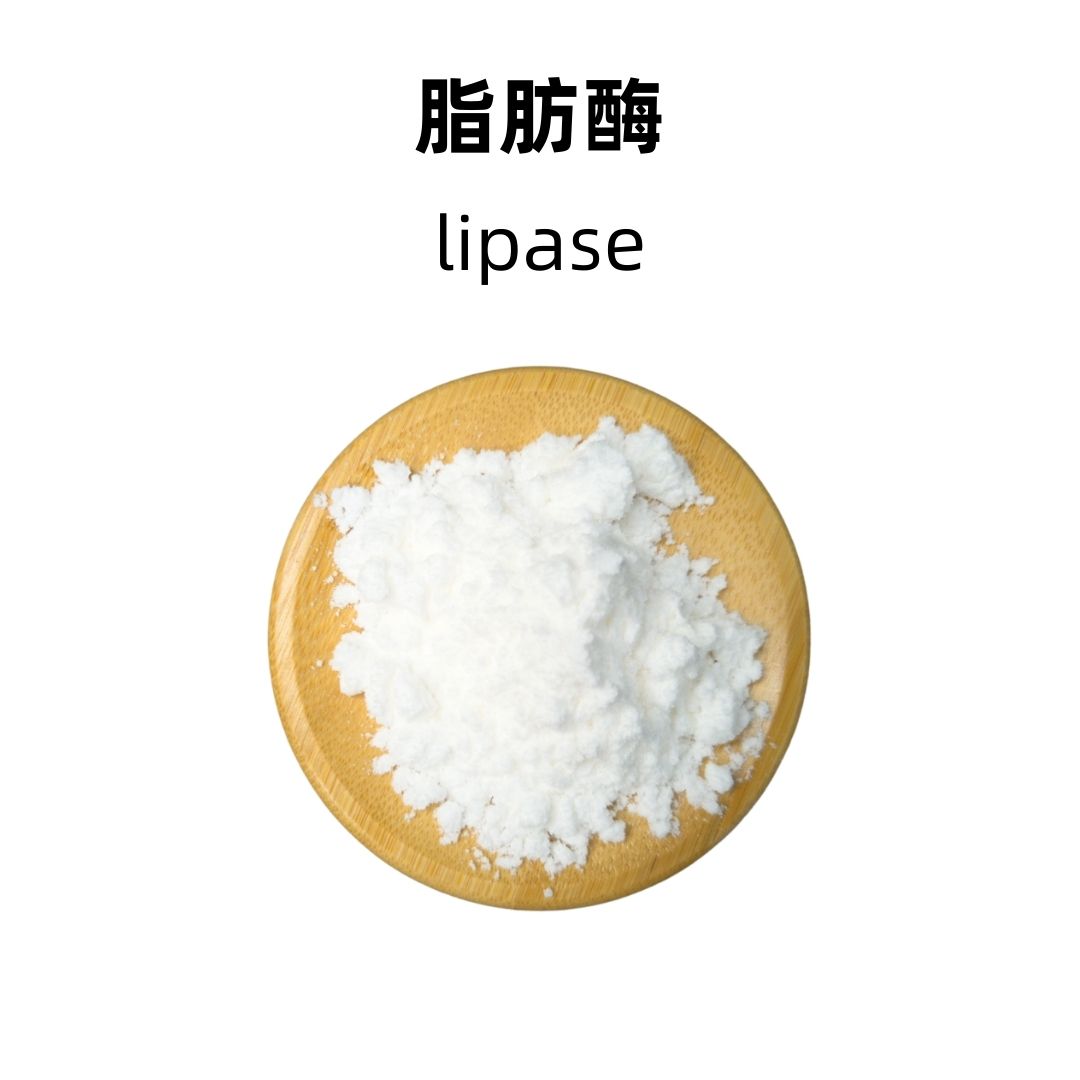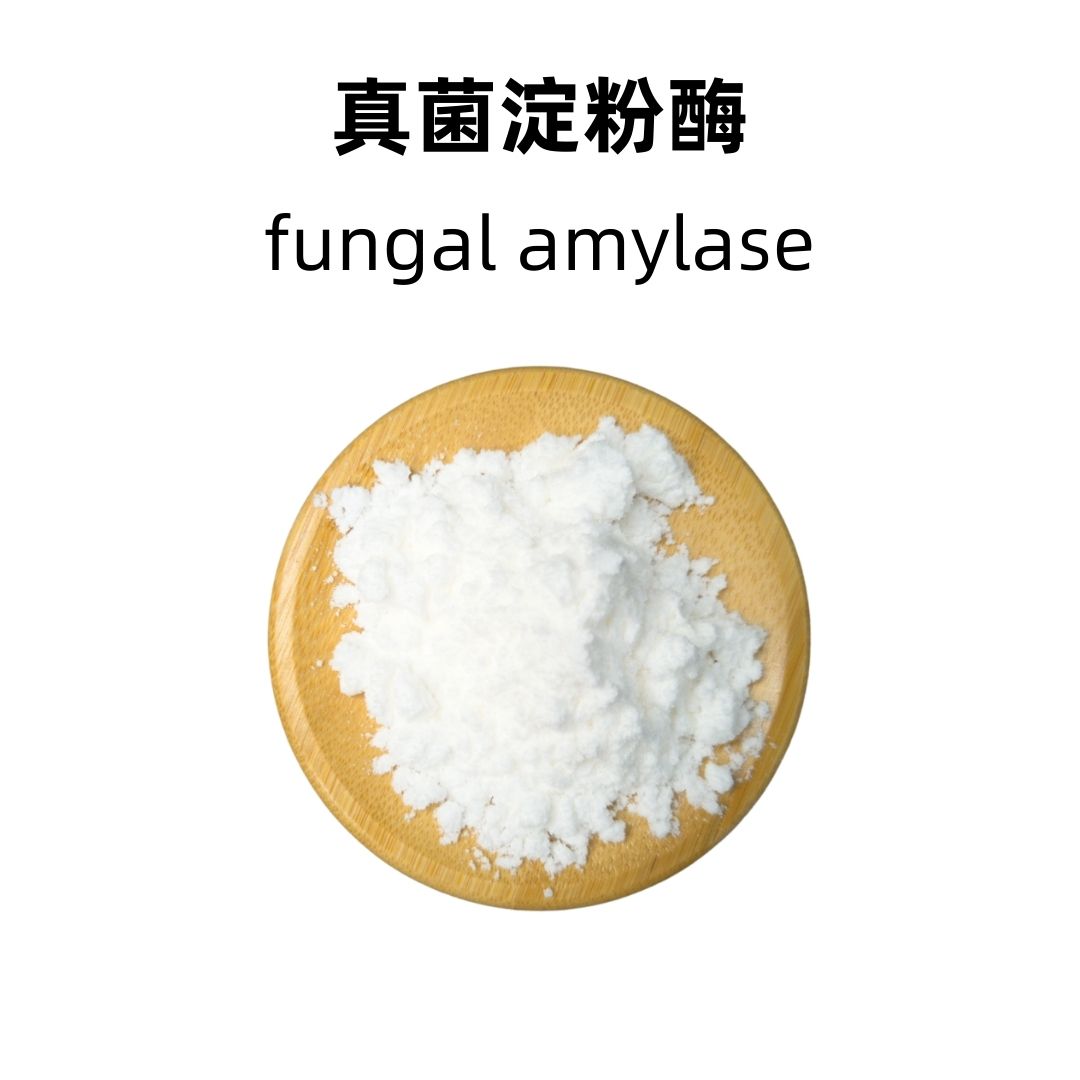Product Introduction
Trypsin is an important serine protease primarily produced in the pancreas of many animals. It plays a crucial role in the digestive process by breaking down proteins into smaller peptides. In its active form, trypsin functions optimally at a specific pH level and temperature, making it essential for various biochemical reactions.
Production Process
The production of trypsin usually involves the extraction from porcine or bovine pancreas tissues. The process begins with the collection of pancreatic tissues, followed by purification methods that may include homogenization, centrifugation, and precipitation. After purification, the enzyme undergoes processes such as lyophilization to create a stable powdered form that can be easily stored and transported.
Effects and Functions
Trypsin’s primary function is to hydrolyze peptide bonds in proteins, facilitating their breakdown into smaller peptides and amino acids. This enzyme is essential for nutrient absorption in the small intestine and helps initiate the digestion of various dietary proteins. In addition to its digestive role, trypsin has applications in laboratory research and can be used for protein modification or peptide mapping.
Application Scenarios
Trypsin finds applications in multiple fields, including pharmaceuticals, biotechnology, and research laboratories. In pharmaceuticals, it may be used for drug formulation or protein therapies. In research, it aids in proteomics, where analyzing protein structures and functions is essential. Additionally, trypsin is employed in the food industry for enzyme-assisted processing, improving the texture and digestibility of certain food products.
Packaging and Storage
Storage Conditions: The product should be sealed, protected from light, kept away from high temperatures, and stored in a dry, cool, and well-ventilated place.
Packaging: Bulk packaging is typically 25 kg per fiber drum, while samples are available in 1 kg aluminum foil bags. Custom packaging options can be arranged upon request.
Shipping Methods: Shipping can be done via FedEx, DHL, dedicated logistics, or sea freight consolidation for larger orders.
Shelf Life: Under appropriate conditions, the shelf life of trypsin is two years.
Monica Sun possesses extensive technical expertise and market insights in the food additives industry. She excels in designing efficient and safe additive formulations tailored to various food applications, ranging from sweeteners to functional dietary fibers. Monica has successfully assisted food manufacturers in optimizing ingredient combinations to enhance product quality and improve consumer satisfaction.









